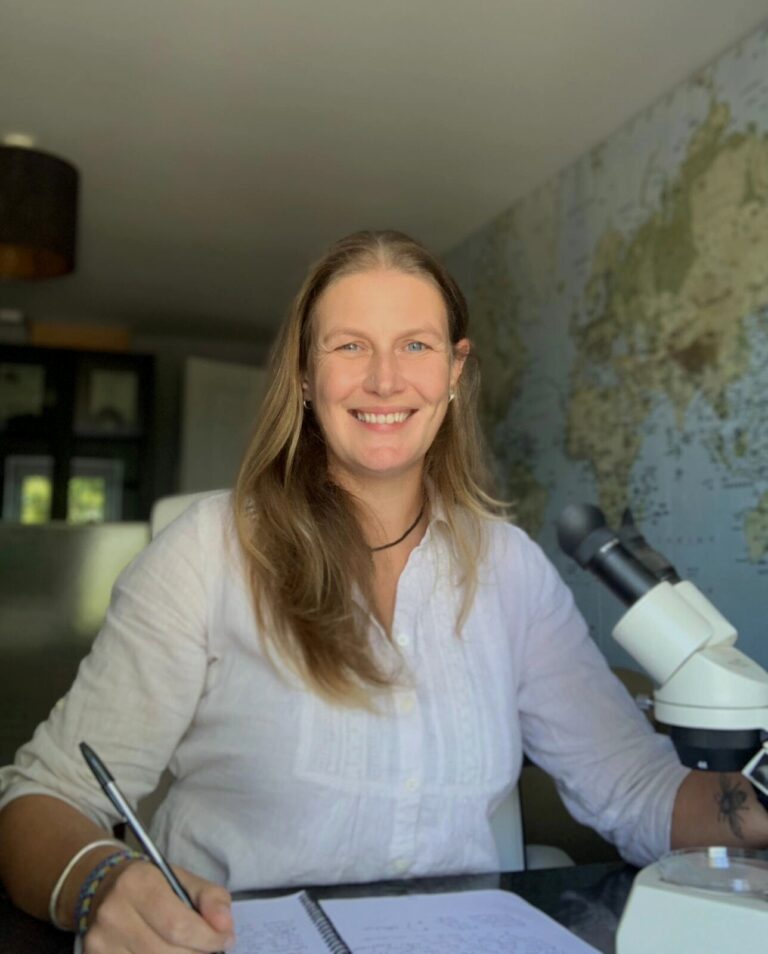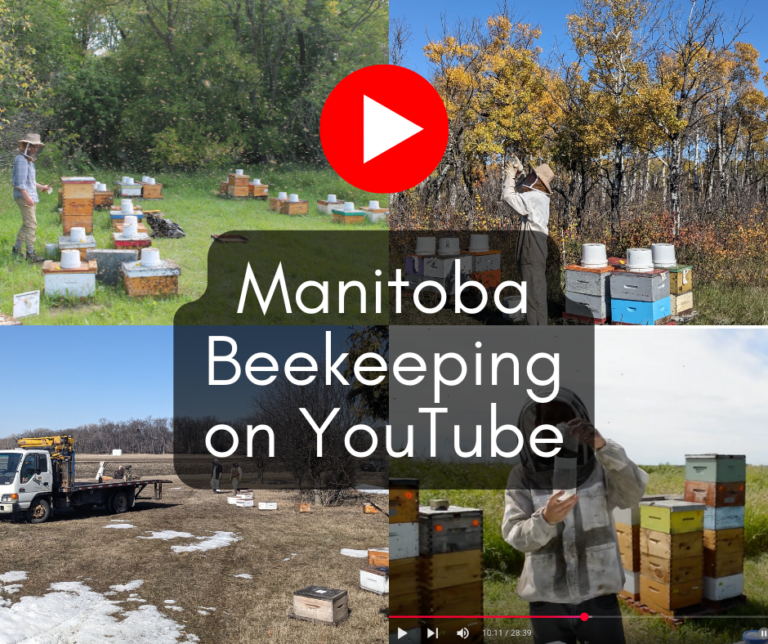2025 & 2026 Project:
Survey of genetic resistance mutations in varroa populations of Manitoba and nationally.
FULL INSTRUCTIONS VIA LINK AT BOTTOM OF PAGE
What: We are collecting varroa mite samples from 50 apiaries across Manitoba to support a project led by Patricia Wolf-Veiga at the NBDC in Beaverlodge. This free analysis of mites for genetic mutations from your beekeeping operation is only on offer for mites collected in 2025 and 2026. This testing service may continue to be offered by the NBDC beyond 2026, but there would be a fee in the future.
Purpose: Analyse varroa for genetic mutations associated with amitraz and fluvalinate resistance to better understand prevalence and geographical distribution resistance mutations across Canada.
Results timeline: Beekeepers will receive results within a few months of submission.
Instructions:
- One sample must consist of 16-20 mites (more is fine but only 16 mites per sample will be analysed)
- One sample should be drawn from multiple colonies at a single beeyard (4 colonies or more), however, if it comes from just one colony that is okay, but please note that.)
- You may submit multiple samples/mites originating from multiple beeyards.
- Varroa may be collected via shake and stored in rubbing alcohol or winter windshield fluid. Varroa may also be collected from sticky boards and then stored in solution.
- You must provide as much varroa treatment history as possible for sampled apiary – up to 24 months of varroa treatment history for the sampled apiary is ideal. But even one year is helpful.
- LABEL all samples on a per beeyard basis, if desired the KRTP can send you specimen containers, but storing it in any container (in alcohol or winter windshield fluid) is fine until passed over to KRTP where we can relabel and package before shipping to the NBDC.
*If you have trouble finding mites, we suggest using sticky boards to collect mites after a multi-day drop period and then place mites into alcohol solution for preservation.


